Theatre of the Oppressed: Legislative Theatre
A theatre system that promotes social and political change
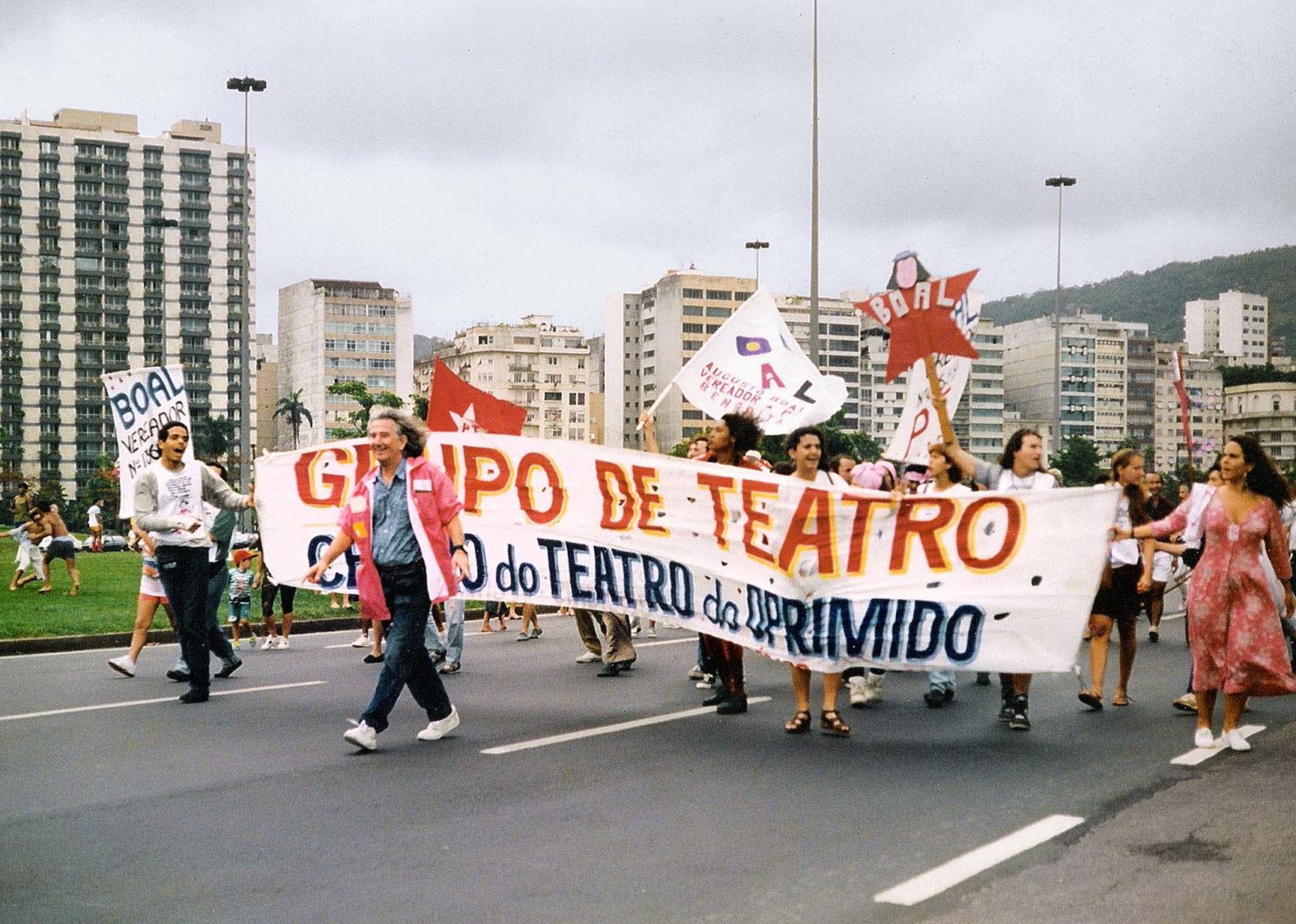
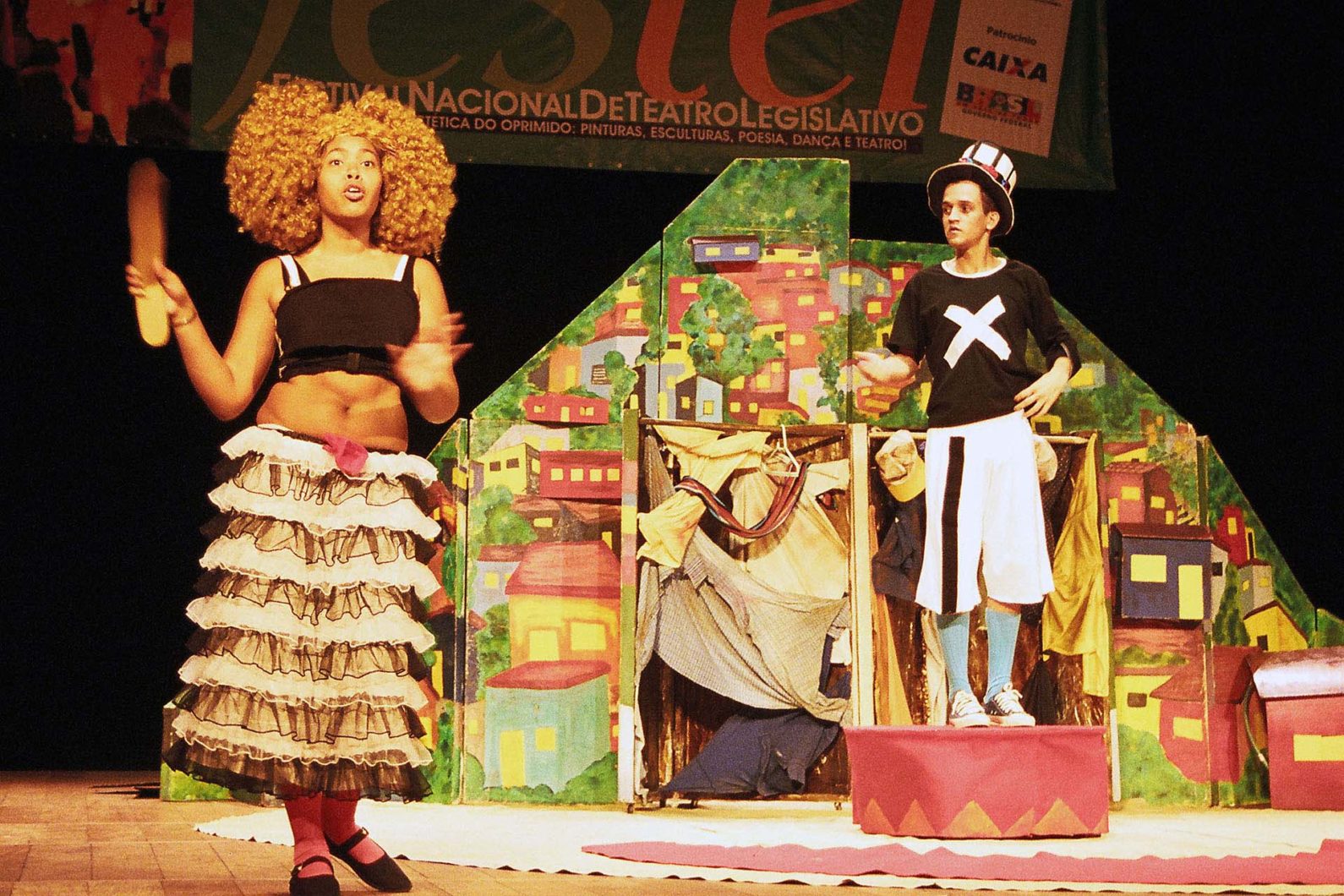
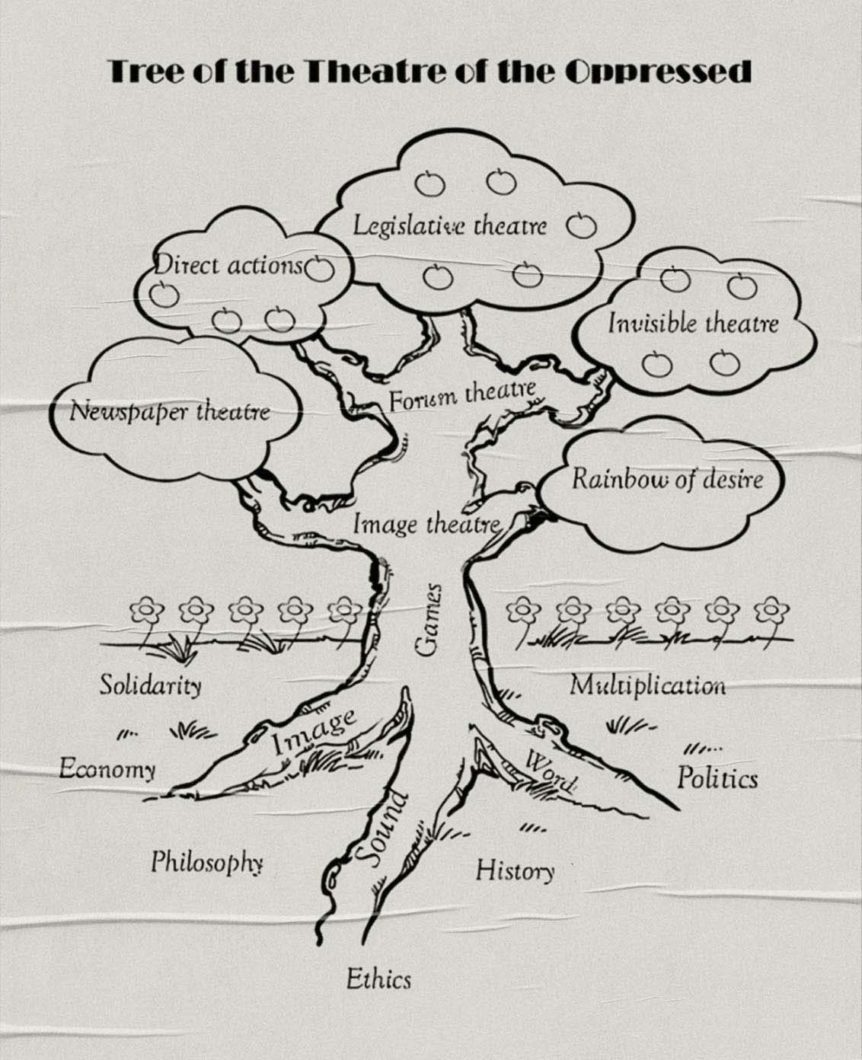
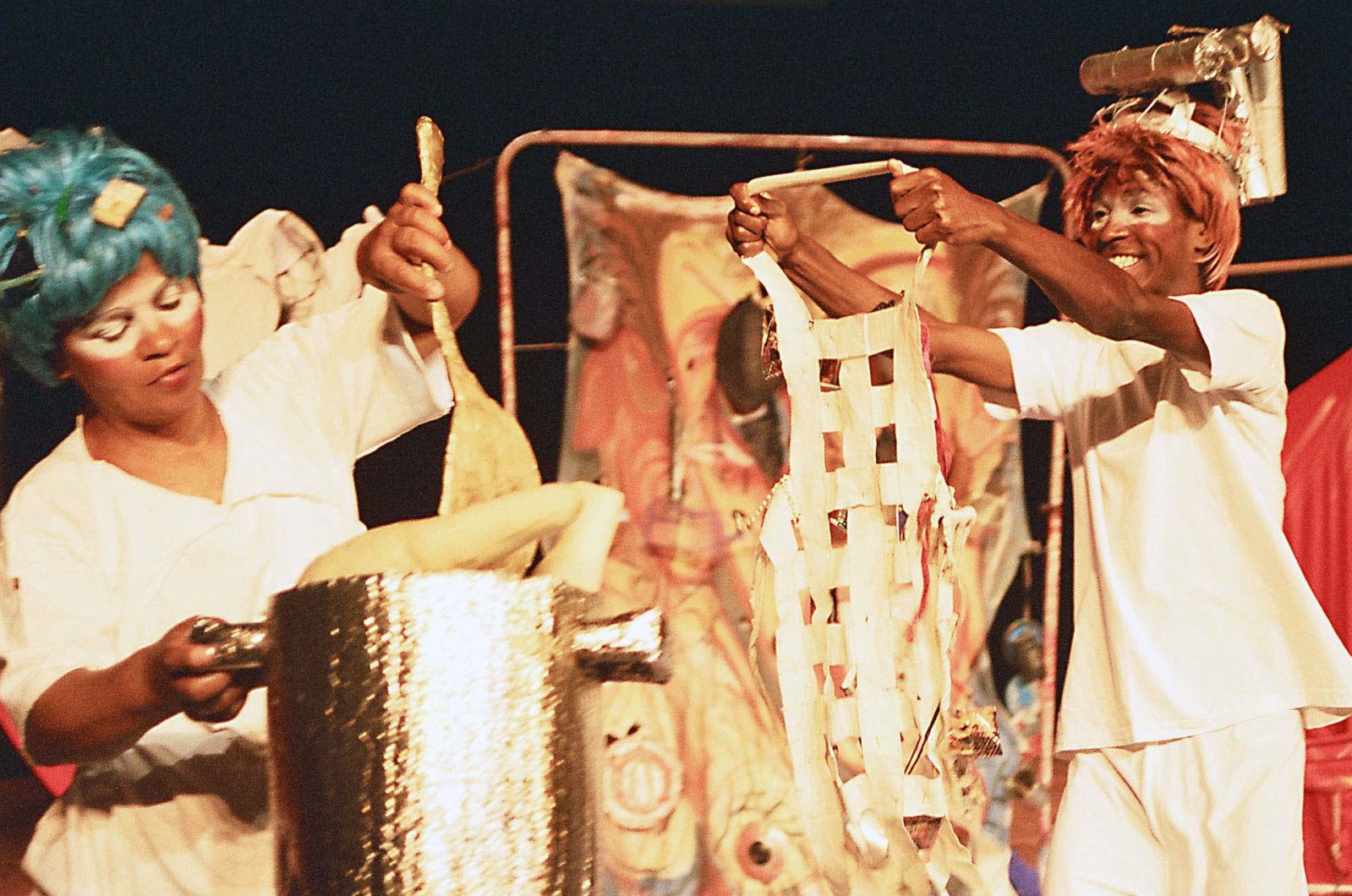
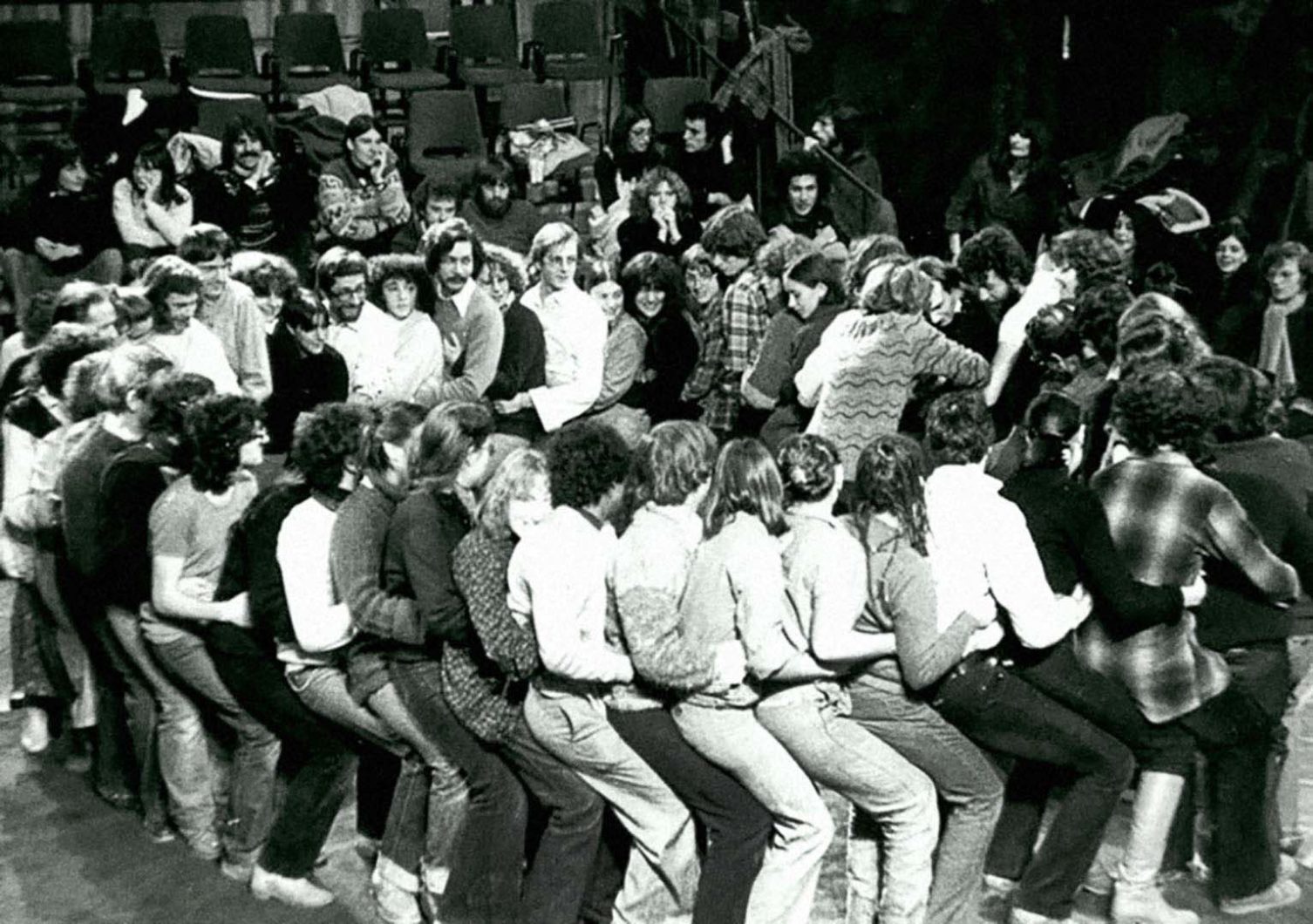
Initiator(s)
Augusto Boal
Description
As Vereador (city councilman) in Rio de Janeiro (1993-1996), Boal created the Legislative Theatre as a new means to give his voters the opportunity to voice their opinions generating a 'transitive democracy', which lies in between direct democracy, which was practised in ancient Greece, and delegate democracy. The Legislative Theatre uses the forms of the Theatre of the Oppressed to transform citizens' desires into laws. After a first session where spect-actors discuss their proposal, the assembly votes and at the end the approved suggestions are collected and presented to lawmakers to have the proposals approved. The Theatre of Oppressed is a method of analysis which uses theatre as a vehicle to enable people to act in their own lives. Inspired by the theories of the educator Paulo Freire, Augusto Boal developed a system of exercises, games and techniques to help men and women to become 'spect-actors' using theatre as a means of promoting social, political and legislative change.
Goals
To use theatre as means of promoting social and political change. To study, discuss and express issues concerning citizenship, culture and various forms of oppression using theatrical language, opening up a flow of power between both groups.
Beneficial outcomes
The subject of the production is based on a proposed law to be passed. Some 13 laws were created through legislative theatre during Boal's government.
Location
Brazil
Users
Augusto Boal, actors and spect-actors.
Maintained by
Augusto Boal.
Duration
1956 - ongoing
Category
Scientific
Pedagogical
Politics
Urban Development
Economy
Environment
Social






